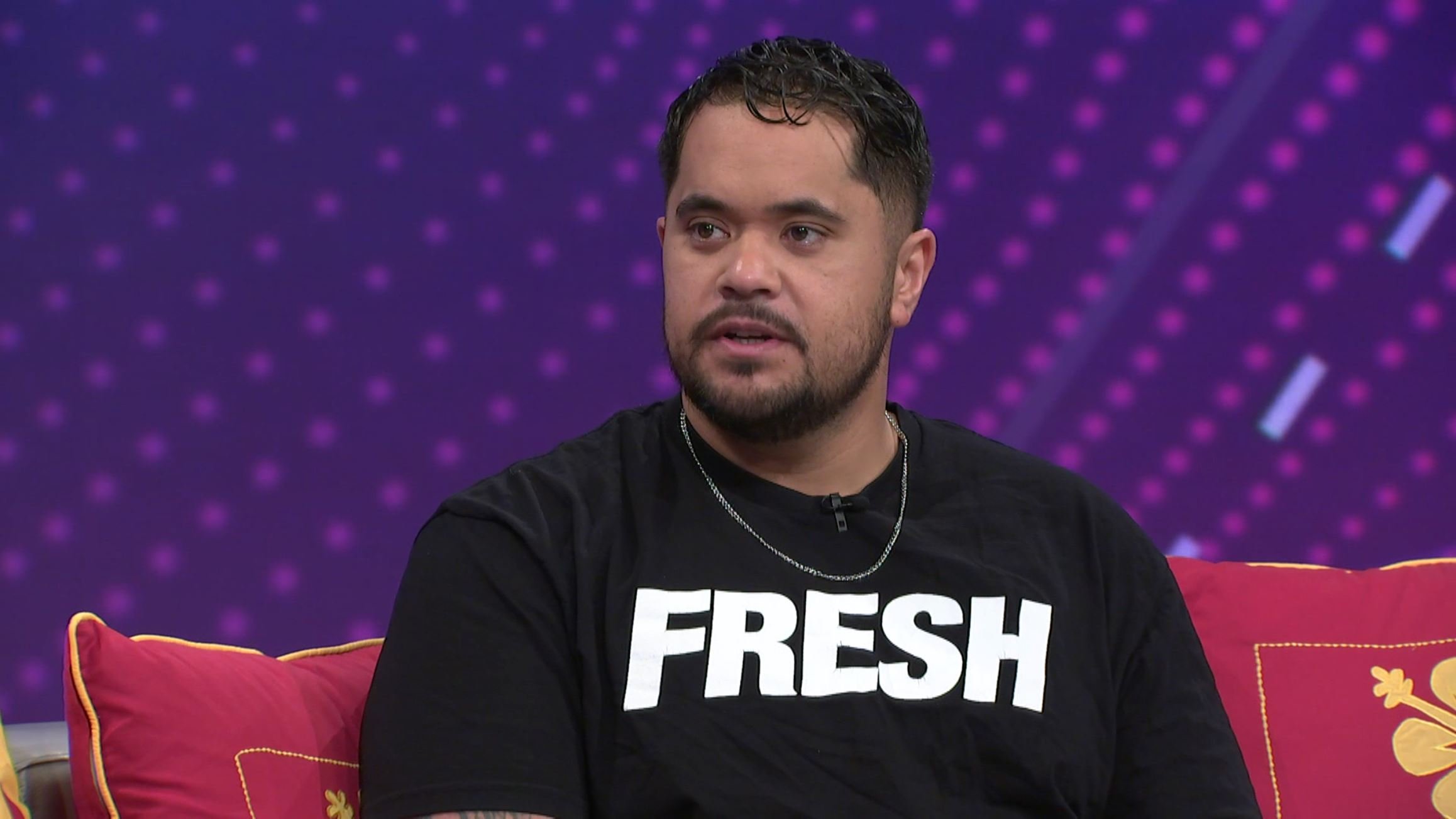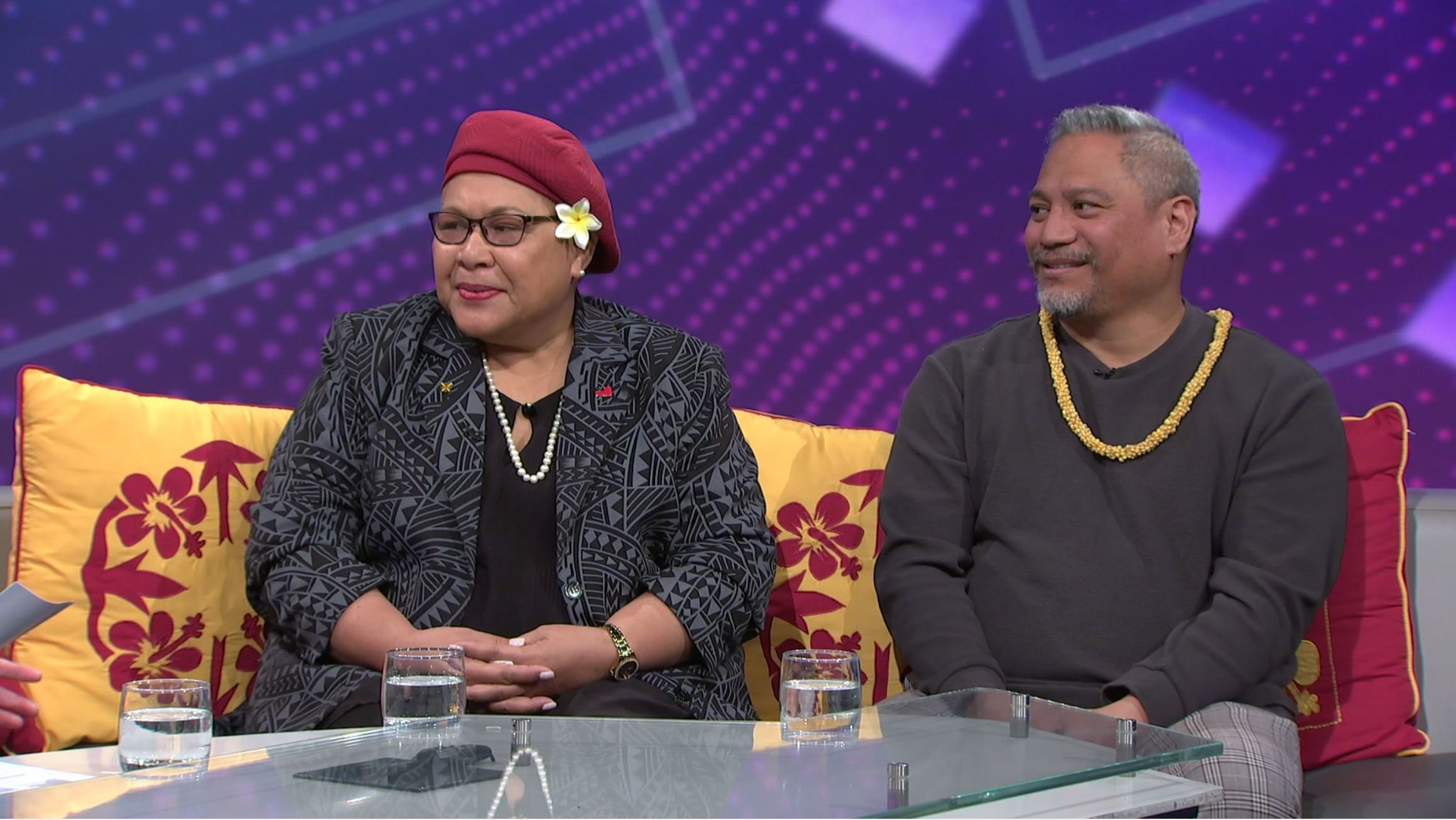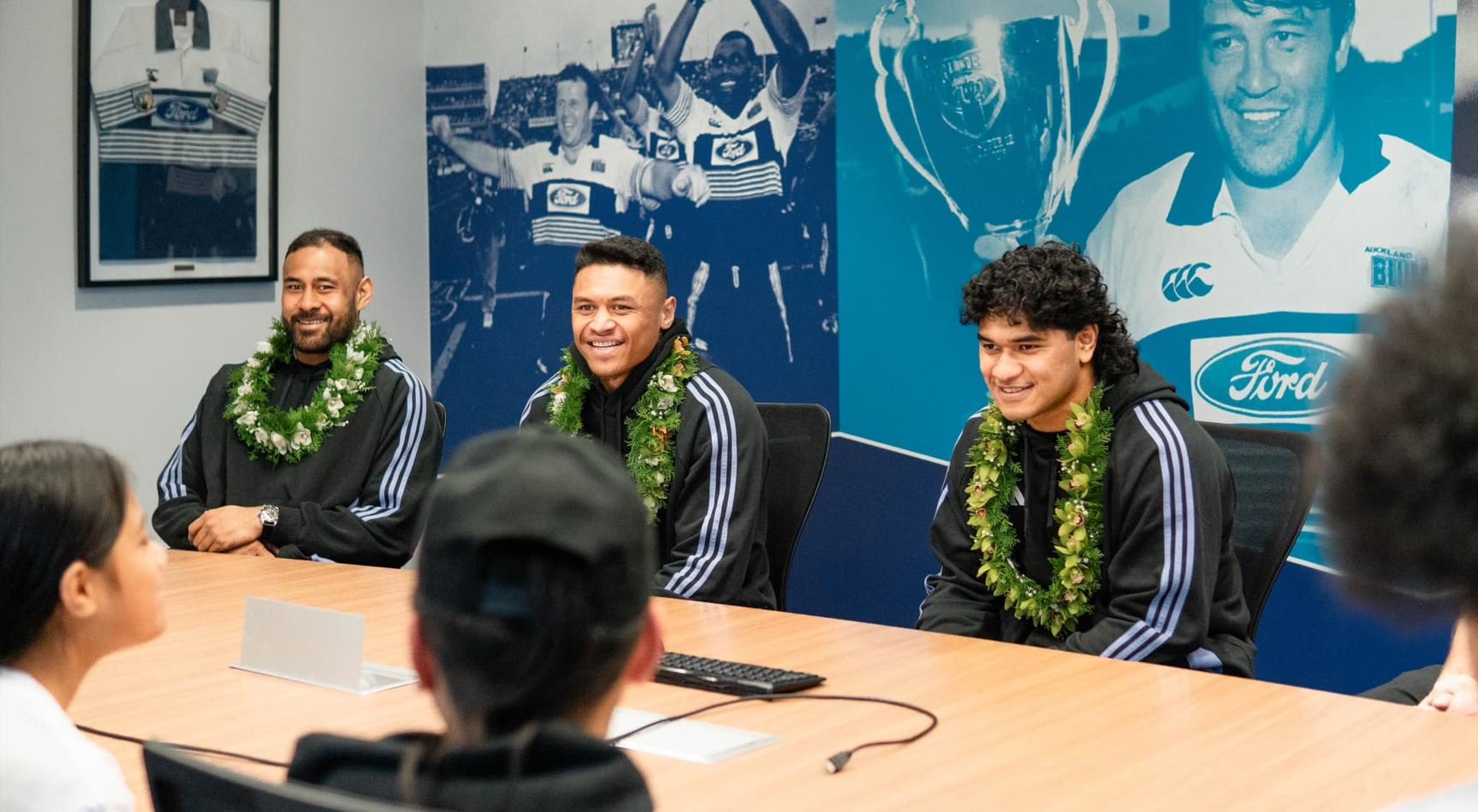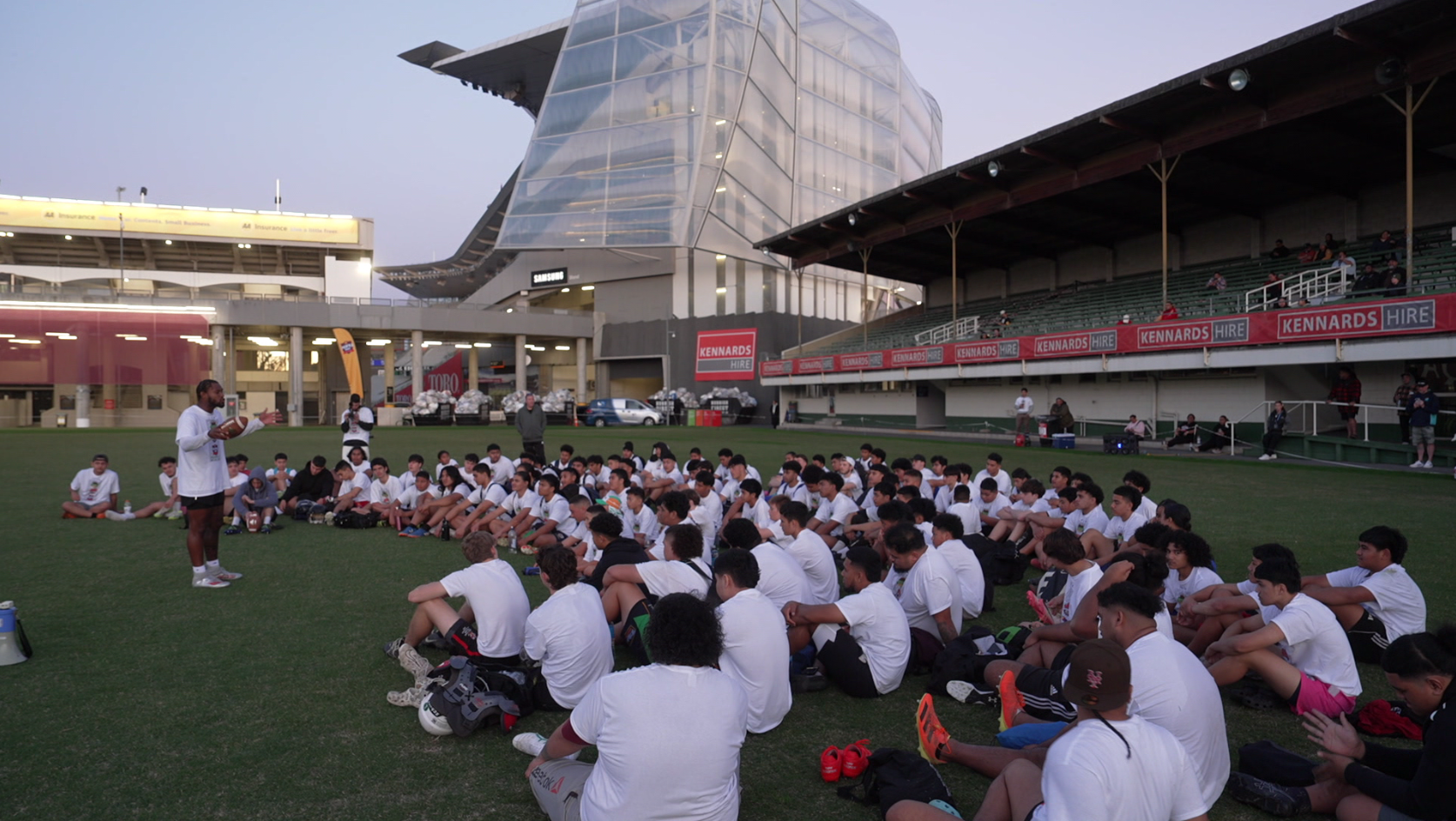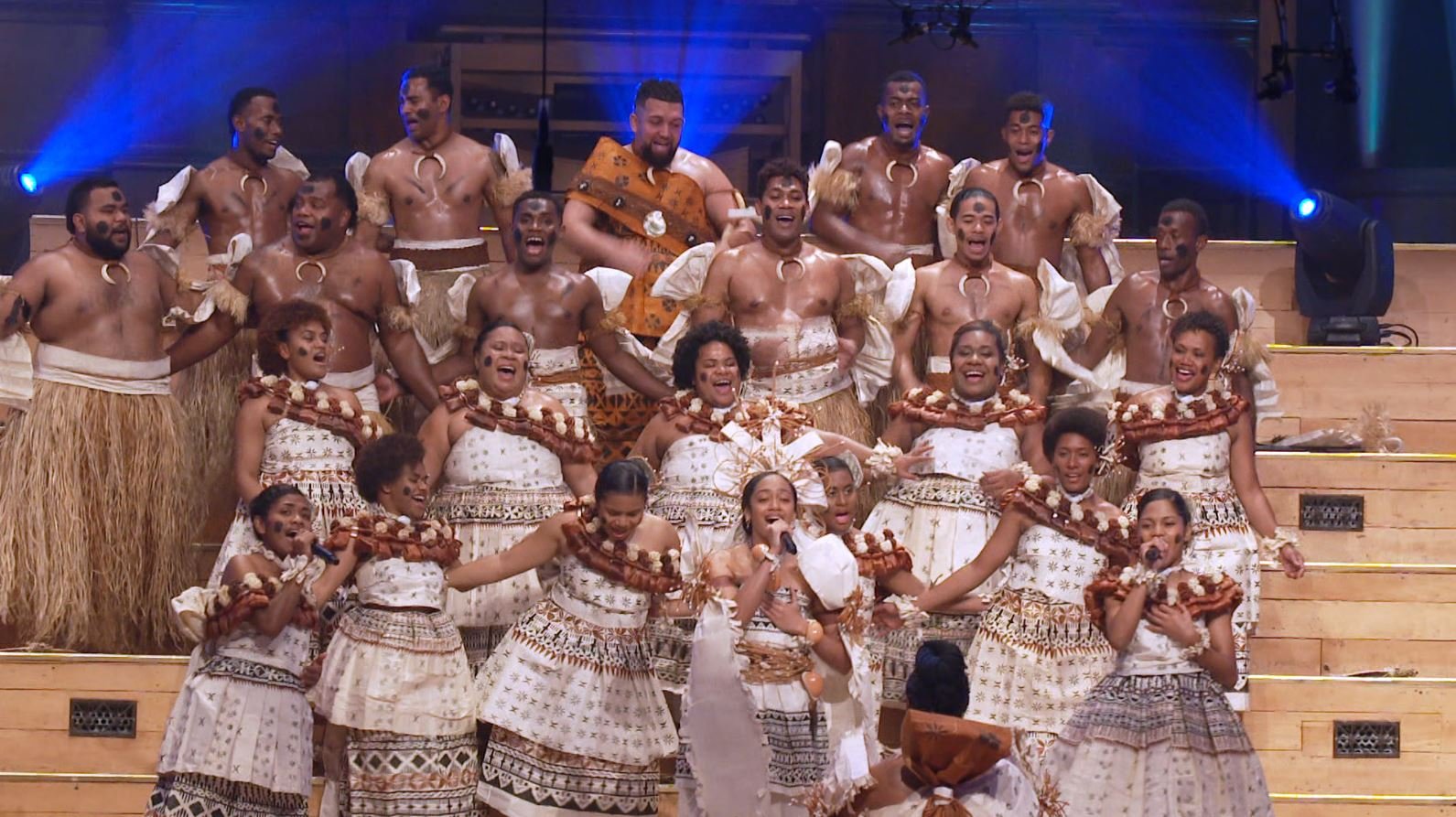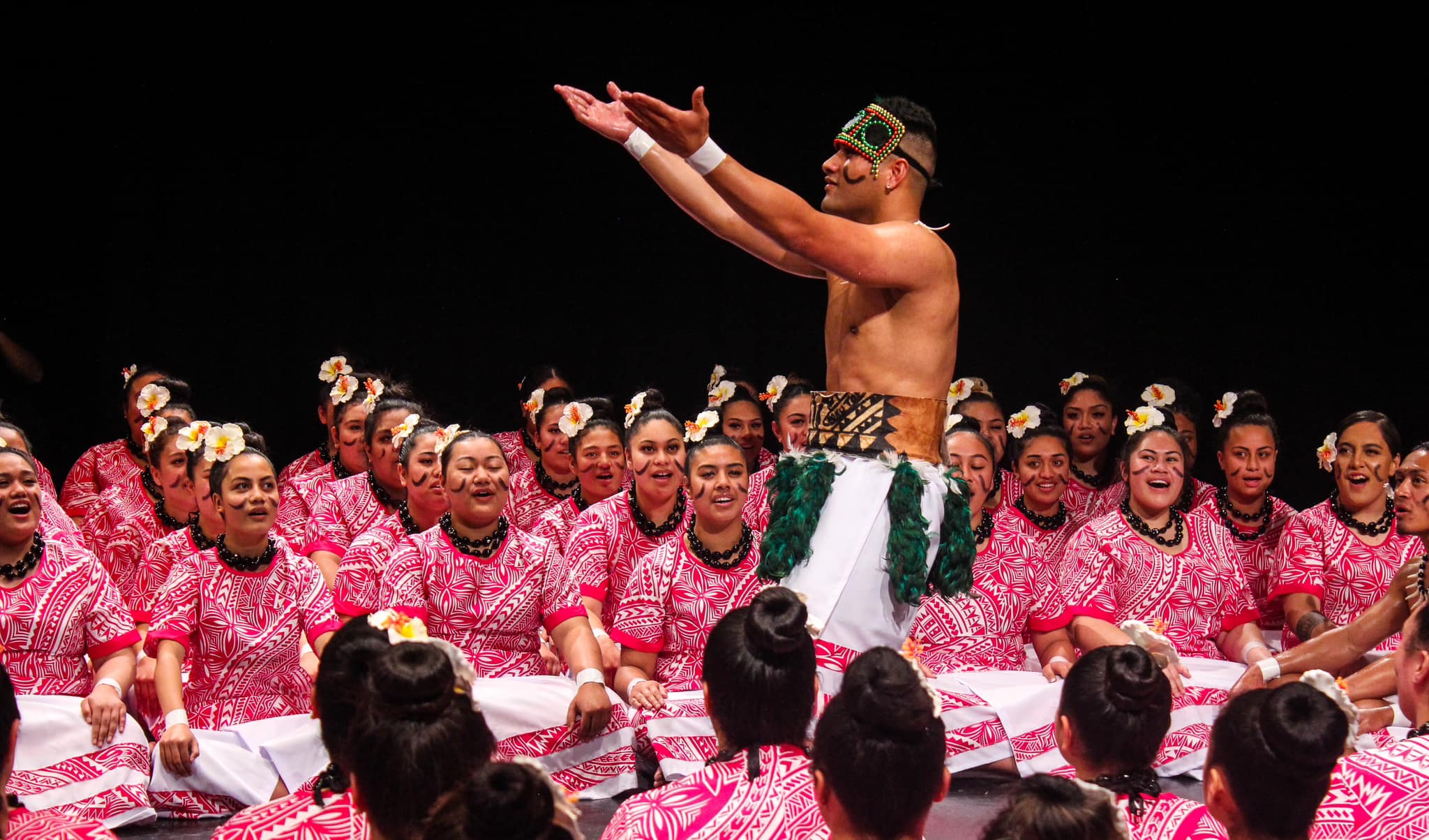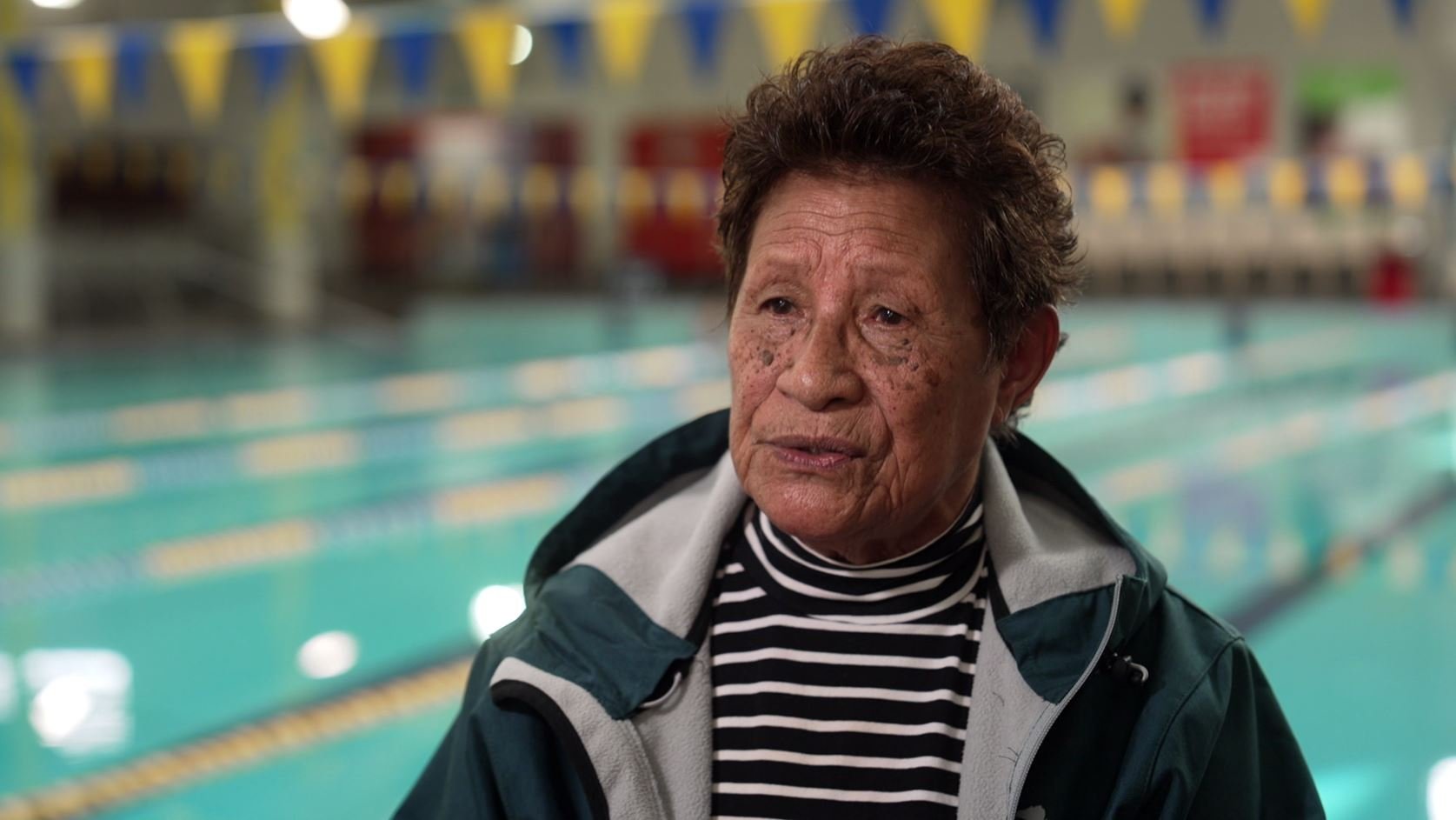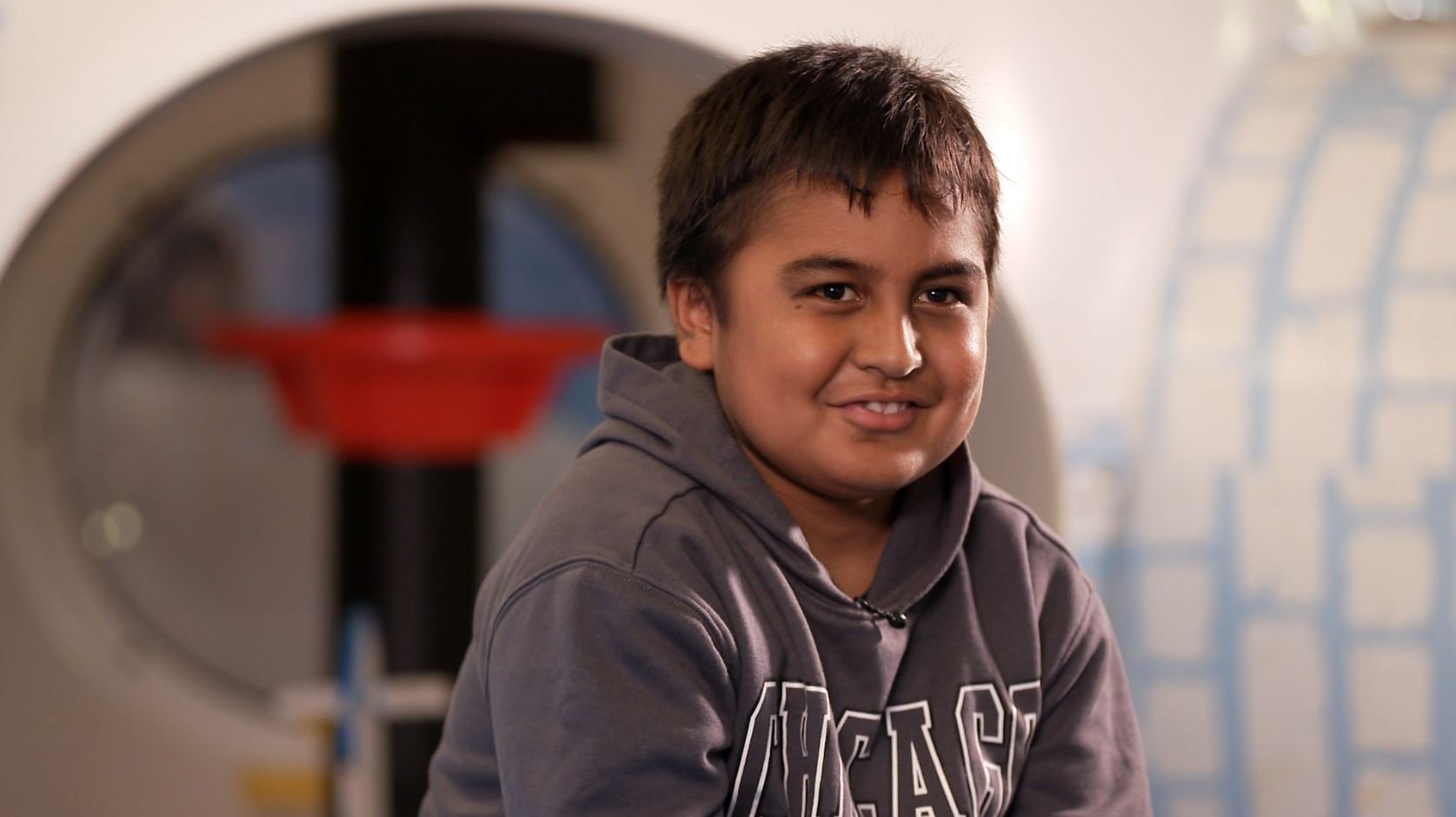Public Interest Journalism funded through NZ On Air
Netflix series Oktoberfest: Beer and Blood is about two feuding brewery families in the 1900s during the creation of the famous beer festival in Munich. The premise interested me as I sat down to watch the show. But I was shocked when they introduced Pacific characters depicting a group of Samoans as cannibals. The Samoan migrants are brought to Germany by missionaries.
The secondary plot involves the investigation of a young girl’s severed head and a group of grass-skirt wearing Samoans were the immediate suspects.
This was a large-scale and lavish production backed by Netflix. A simple Google search would have secured some modicum of anything resembling early Samoan culture. As a Tongan and Cook Island writer, I was deeply insulted. In fact, the anger washed over me like an uncomfortable quiver down my spine. I thought, ‘Is this what people really think of us?’ I’d like to think that we are more than just bone-wearing savages that eat children.
A traveling kapa haka troupe inaccurately depicted the samoan settlers but I don’t completely blame them either. Creative decisions to hire them were made in writers rooms with producers who had no intention of genuinely portraying the Pacific community.
The series came out in 2020 and so the producer can’t use the excuse of being a product of their time. Although the scenes looked aesthetically pleasing, there was a disregard to authenticity and an accurate portrayal of our culture.
The offense struck a chord, forcing a reflection of myself, my family, my people, my identity and how I present myself to the world.
Hollywood and even local productions have consistently portrayed our people inaccurately and not in the best light dating back to films such as Bird of Paradise (1932) to South Pacific (1958)
Mostly displayed as colourful background but yet stereotypes of cannibalistic Pacific Islanders persisted as seen in Blue Lagoon (1980) and Rapa Nui (1994).
The film Nim’s Island is another culprit. Starring Hollywood stars Gerard Butler, Jodie Foster and Abigail Breslin, the film puts together a cast of indigenous Aboriginal Australians cast as Cook Islanders, with a blue-screened village that was supposed to represent the island of Rarotonga.
These depictions display an ignorance towards proper research and allows for mis-information and the promotion of damning stereotypes. This disregard diminishes the authenticity of our Pacific people, our culture and our history. The long term effect impacts everyone. You make a bad movie and we get poor representation.
There’s one film that I have seen that portrays our Pacific culture and people in a positive and accurate way. The 2011 film The Orator, was directed and written by Samoan filmmaker Tusi Tamasese and tells the story of a little person living in Samoa who struggles to be respected by his people. The themes and subject were treated with care, and respect and did not impact the integrity of the storytelling.
The Orator was written and directed by a Pasifika filmmaker. It shows that for our stories to be told accurately on film, then we have to be the ones behind the camera and ultimately calling the shots. The Orator is a carefully crafted film with an intent to honourably portray the Samoan people and their culture. This insight provides depth and texture to our cinematic depictions and should be the industry standard – but it’s not.
The solution is simple. We should be telling our own stories on film.













